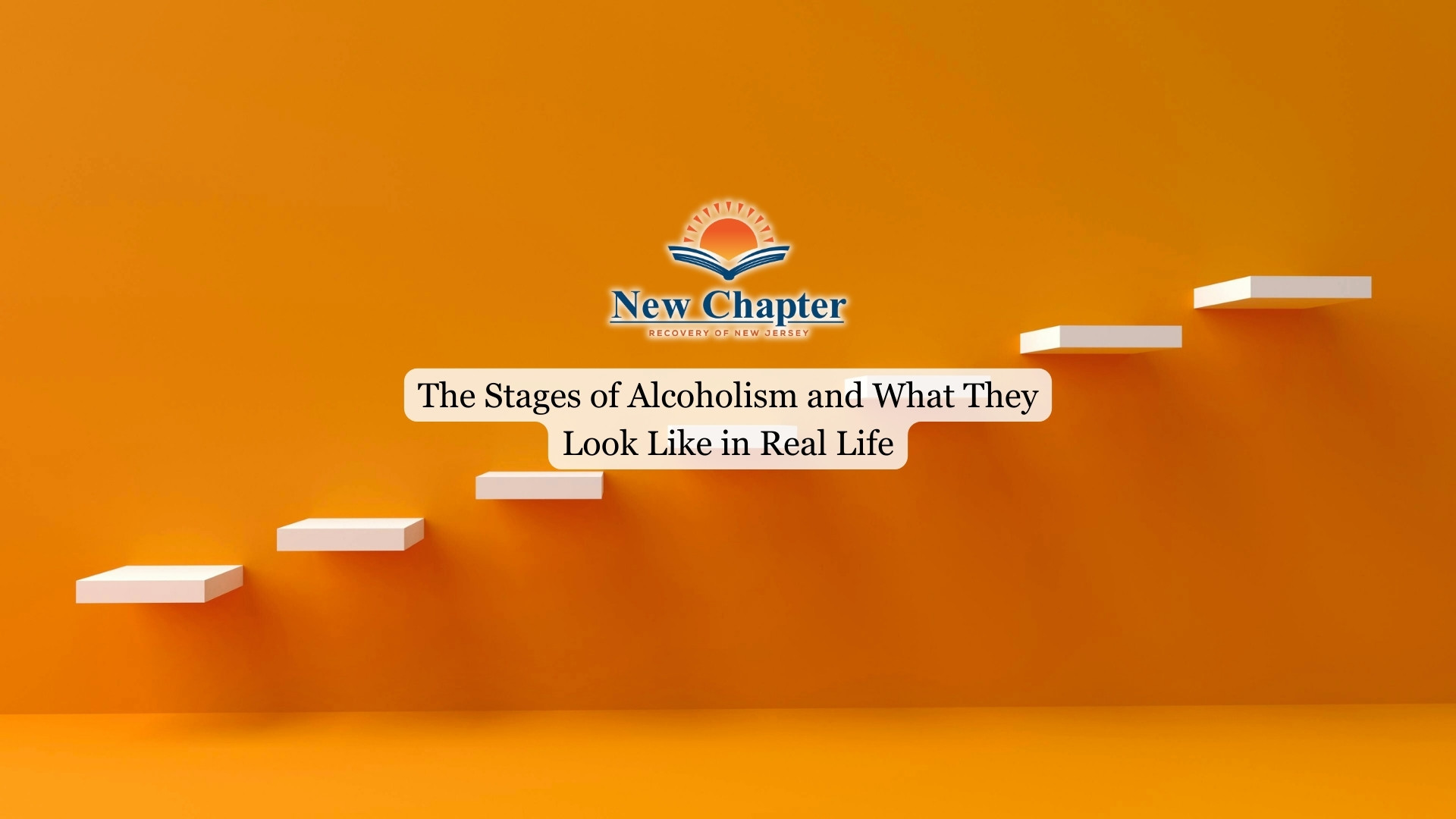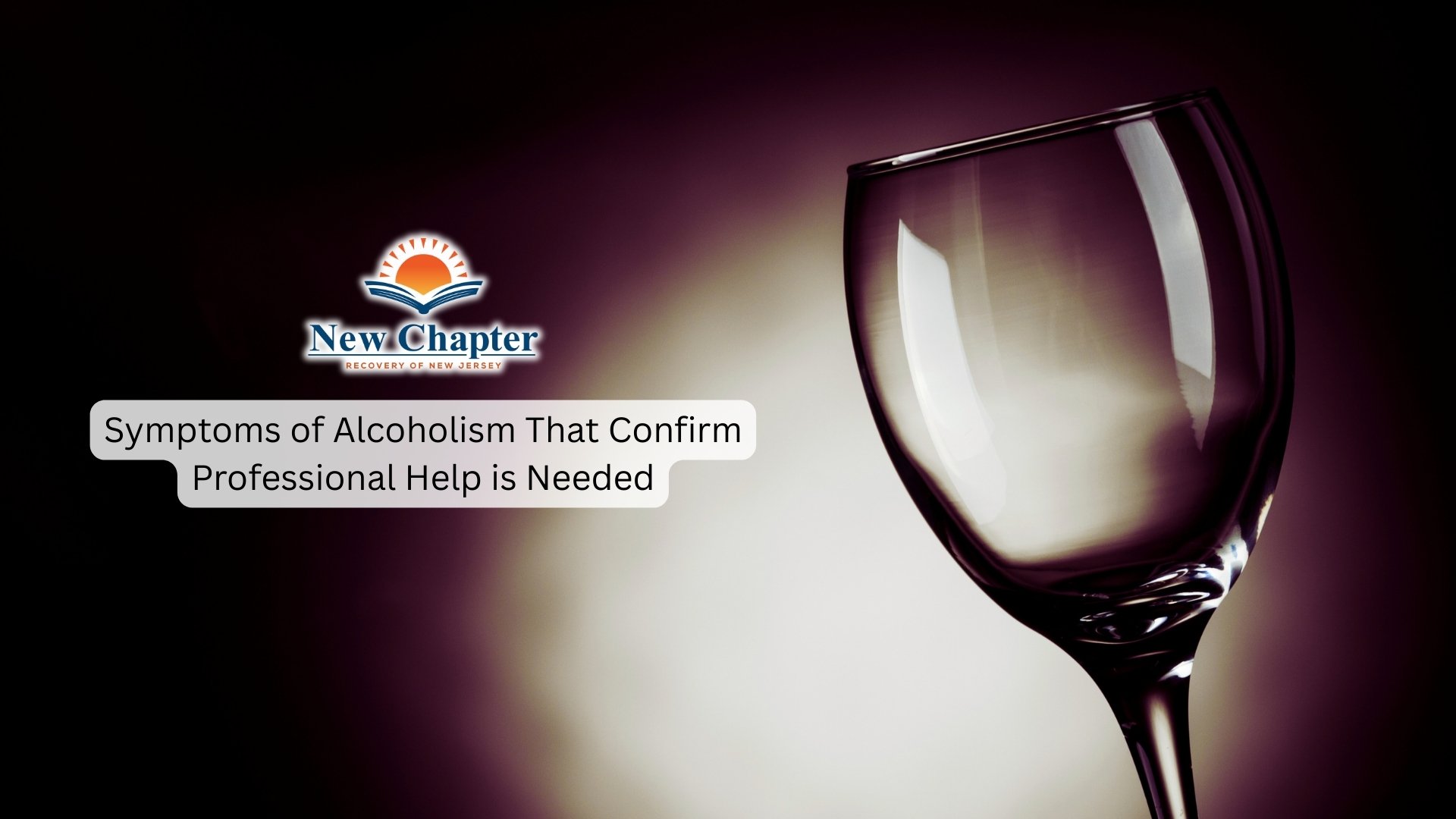Psychological dependence plays a significant role in substance use disorders, influencing emotions, thought patterns, and behaviors. Tackling these factors through evidence-based treatments ensures a more sustainable recovery.
This article explores the causes, symptoms, and treatment options for psychological dependence, shedding light on its role in addiction and overall mental well-being.

Table of Contents
ToggleUnderstanding Psychological Dependence
Psychological dependence, an often overlooked aspect of substance abuse, is characterized by an emotional reliance on a substance that leads to intense cravings and a perceived need for the substance to function normally in daily life.
When you’re psychologically dependent on a substance, you’ll experience obsessive thoughts about it, and you may lose interest in activities you once enjoyed. You’ll also likely feel significant emotional distress when you can’t access the substance.
Cravings associated with psychological dependence can be triggered by environmental cues, highlighting the complex interplay between your emotional state and substance use.
While psychological dependence often coexists with physical dependence, it can manifest independently, meaning you may experience cravings without physical withdrawal symptoms.
If you’re struggling with substance dependence, it’s best to opt for the Intensive Outpatient Program for addiction treatment in NJ we offer at New Chapter Recovery. Our approach to helping individuals overcome addiction incorporates both traditional and holistic techniques, emphasizing mindfulness and the development of personal purpose.
Risk Factors and Underlying Causes
Genetics can play a crucial role, as some individuals may inherit traits that make them more vulnerable to developing addictive behaviors.
Pre-existing mental health conditions, such as depression and anxiety, can also increase the risk of psychological dependence, as individuals may use substances as a coping mechanism.
Environmental influences, including exposure to substance use at an early age and social pressure, significantly impact the likelihood of developing dependence, particularly in teens and young adults.
Stressful life experiences or unresolved trauma often contribute to substance reliance, as people may seek temporary relief from emotional distress.
Additionally, societal norms and cultural acceptance of substance use can further increase the risk, reinforcing unhealthy behaviors and making recovery more challenging.
Signs and Symptoms
When you’re psychologically dependent on a substance, you’ll experience intense cravings that can consume your thoughts and drive compulsive use.
These cravings may lead you to believe that the substance is essential for your emotional well-being and daily functioning. You might find yourself spending significant time and energy focused on obtaining and using the substance, often at the expense of other activities and relationships.
Emotional distress, such as anxiety, irritability, or depression, can arise when the substance is unavailable, causing withdrawal from social interactions and previously enjoyed activities.
You may struggle with concentration and decision-making, as your preoccupation with the substance takes precedence. Environmental cues can trigger cravings, highlighting the complex interplay between emotional triggers and the psychological need for the substance.
If you notice these signs and symptoms in yourself or someone you care about, it’s essential to seek professional help to address psychological dependence and work towards recovery.

Substances and Behaviors Associated with Psychological Dependence
Substances like alcohol, nicotine, opioids, and stimulants can lead to psychological dependence, where you develop a compelling need to use them to cope with emotional or psychological distress. This psychological dependence is a hallmark of substance use disorders and addiction, as it drives compulsive behavior and a preoccupation with obtaining and using the substance.
It’s important to note that certain behaviors, such as gambling, shopping, or excessive exercise, can also result in psychological dependence. You may find yourself relying on these activities to escape negative feelings or stress, leading to a cycle of addiction.
Co-occurring mental health disorders, like anxiety and depression, are frequently observed in individuals struggling with psychological dependence. The interconnected nature of emotional well-being and substance use highlights the need for comprehensive treatment that addresses both the addiction and underlying mental health issues.
Read more about the different types of drugs in order to better understand their effects and risks of use.
Diagnosis and Assessment
Clinicians rely on established diagnostic criteria, such as those outlined in the Diagnostic and Statistical Manual of Mental Disorders (DSM-5), to identify patterns of compulsive substance use despite negative consequences.
They’ll use standardized questionnaires and interviews to evaluate symptoms like cravings, preoccupation with the substance, and emotional distress when not using. The assessment also involves gathering information about your history of substance use, environmental triggers, and any co-occurring mental health disorders that may contribute to psychological dependence.
Tools like the Addiction Severity Index (ASI) can help quantify the severity of your psychological dependence and its impact on various aspects of your life, including social and occupational functioning.
It’s important to note that continuous monitoring and follow-up assessments are essential in determining the progression or remission of psychological dependence during treatment and recovery.
Treatment Approaches
Effective treatment approaches for psychological dependence often involve a combination of therapy, support groups, and medication-assisted treatment (MAT).
Cognitive Behavioral Therapy (CBT) is a widely used technique that helps individuals identify and change maladaptive thought patterns, while developing healthier coping strategies. Support groups like Alcoholics Anonymous (AA) and Narcotics Anonymous (NA) provide a sense of community and accountability, which are essential for long-term recovery.
MAT may be used to address underlying mental health issues, helping to stabilize individuals as they work on their psychological dependence. Relapse prevention strategies and continuous aftercare are crucial components of addiction treatment, as they significantly reduce the risk of relapse following initial recovery.
Holistic approaches that incorporate therapy, support networks, and healthy lifestyle changes tend to yield better outcomes for those overcoming psychological dependence.
Final Thoughts from New Chapter Recovery
At New Chapter Recovery, we recognize that recovering from addiction is more than just managing physical symptoms; it involves healing the entire person, including their mental and spiritual health. Psychological dependence can be a significant obstacle, but with the right support, and guidance, it can be overcome. Our outpatient programs in New Jersey are designed to address not only the physical aspects of addiction but also the deep-seated emotional and psychological attachments that drive dependency.
Frequently Asked Questions
Can psychological dependence develop without physical dependence?
Yes, psychological dependence can occur without physical dependence. This happens when a person becomes emotionally or mentally reliant on a substance or behavior to cope with stress, anxiety, or other emotions, even if they do not experience physical withdrawal symptoms when they stop using it.
Are some people more vulnerable to psychological dependence than others?
Yes, certain individuals are more susceptible to psychological dependence due to factors such as genetics, pre-existing mental health conditions, trauma, or environmental influences. Those with a history of anxiety, depression, or high levels of stress are at greater risk of developing psychological reliance on substances or behaviors.
Is it possible to maintain long-term recovery from psychological dependence?
Yes, long-term recovery from psychological dependence is possible with the right treatment and support. Engaging in therapy, building strong coping mechanisms, maintaining a healthy lifestyle, and participating in support groups can help individuals manage cravings and sustain long-term emotional stability.
What role do family and friends play in overcoming psychological dependence?
Family and friends provide essential emotional support, encouragement, and accountability during recovery. A strong support system can help individuals manage triggers, stay motivated, and reinforce positive coping strategies while reducing the risk of relapse.






